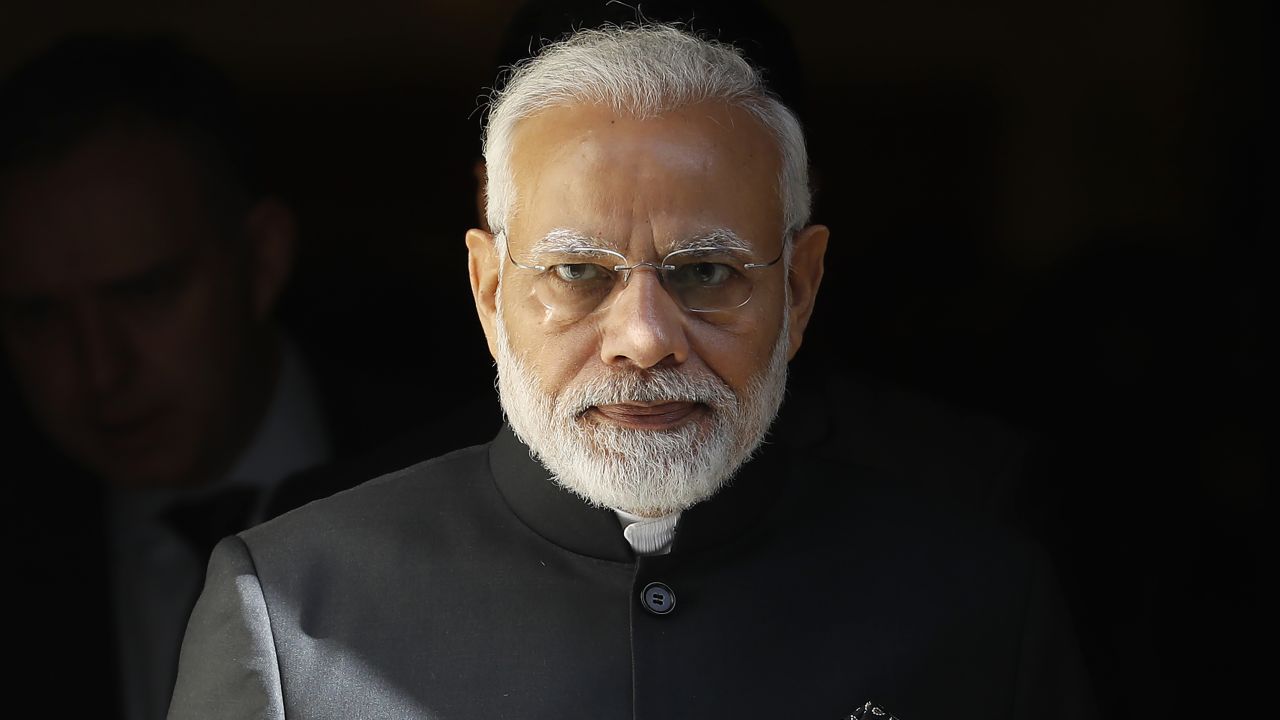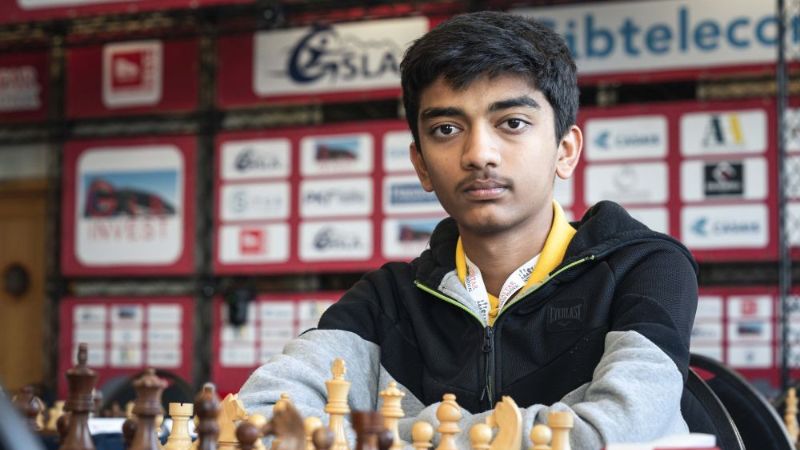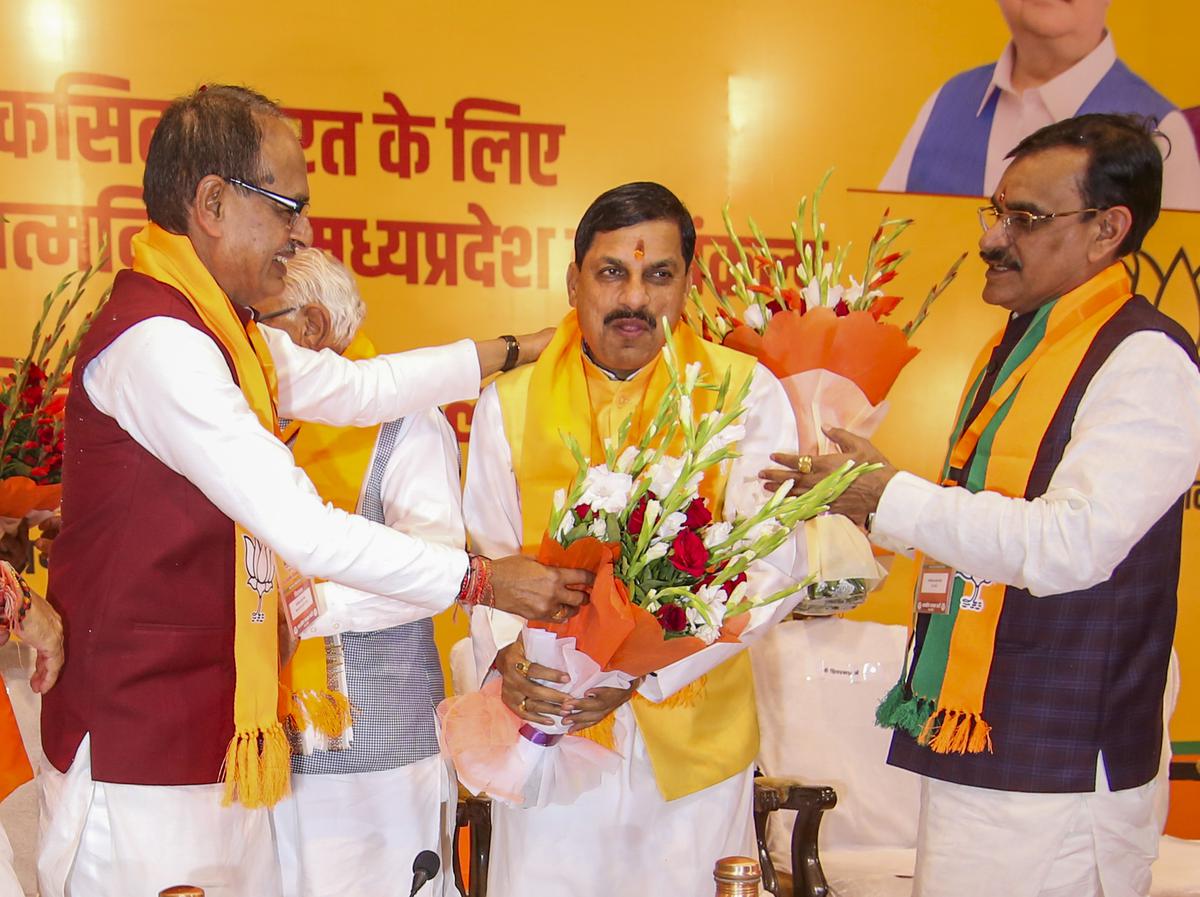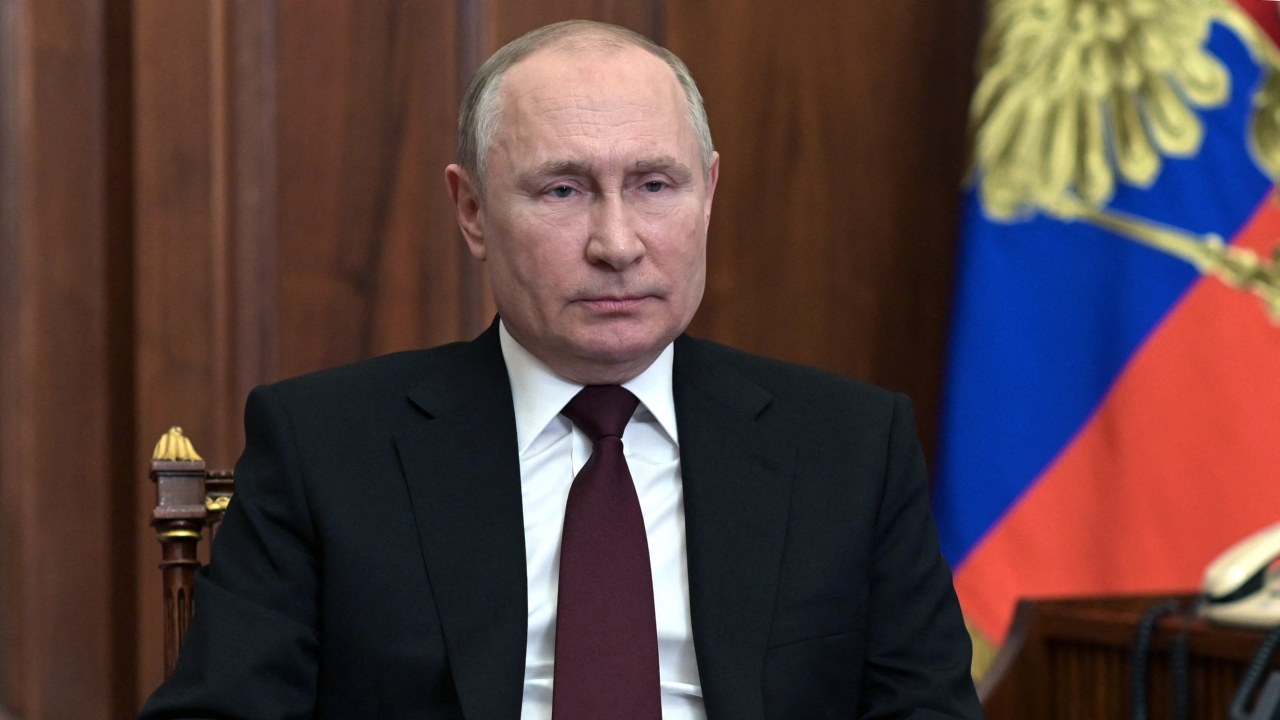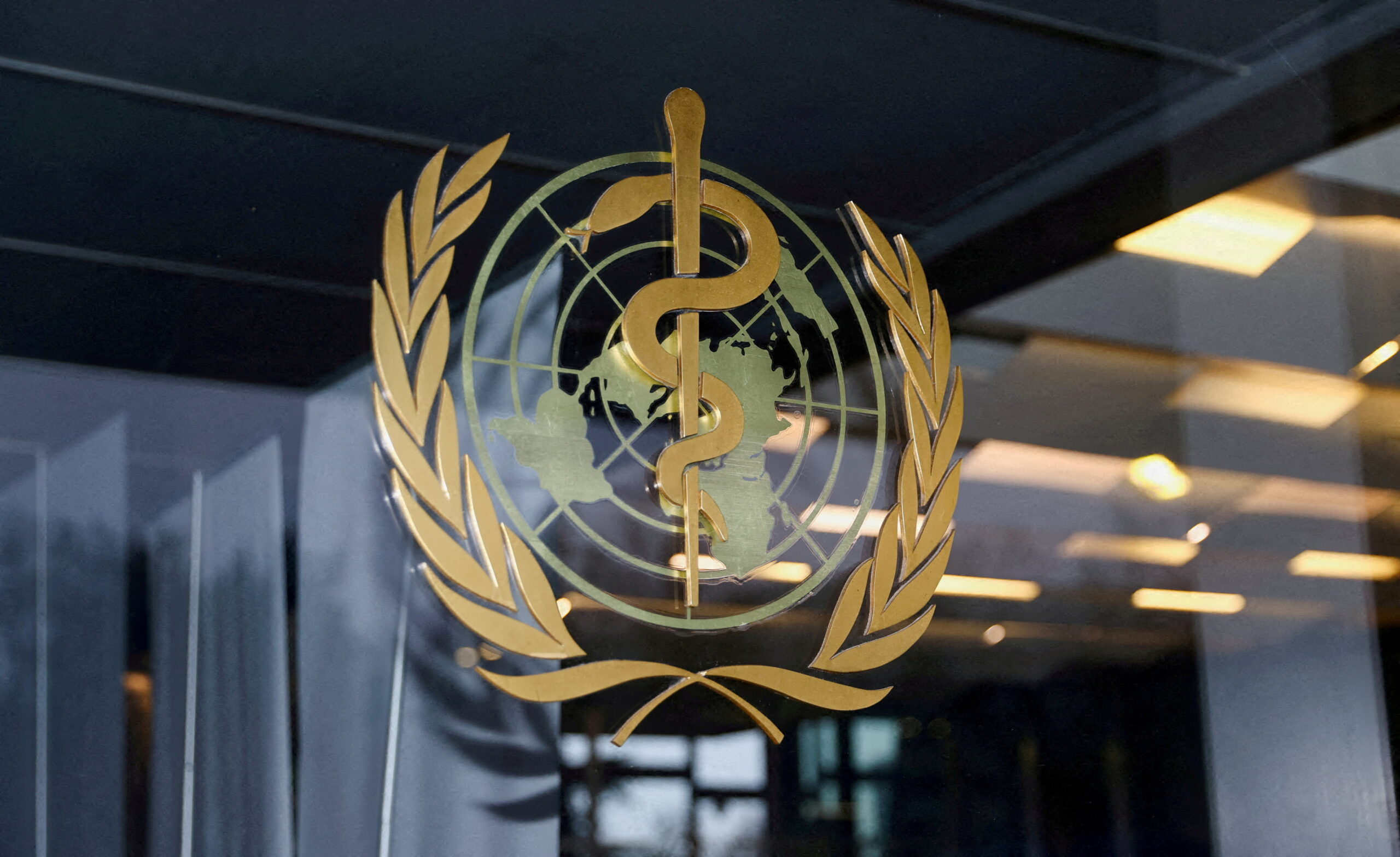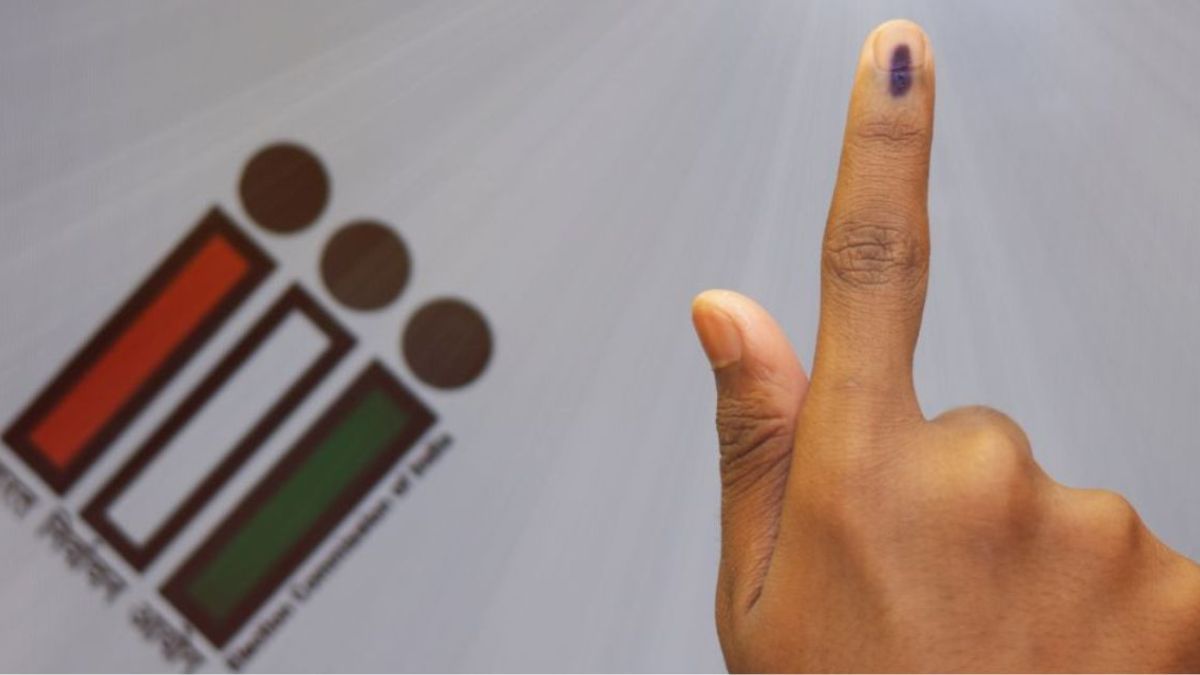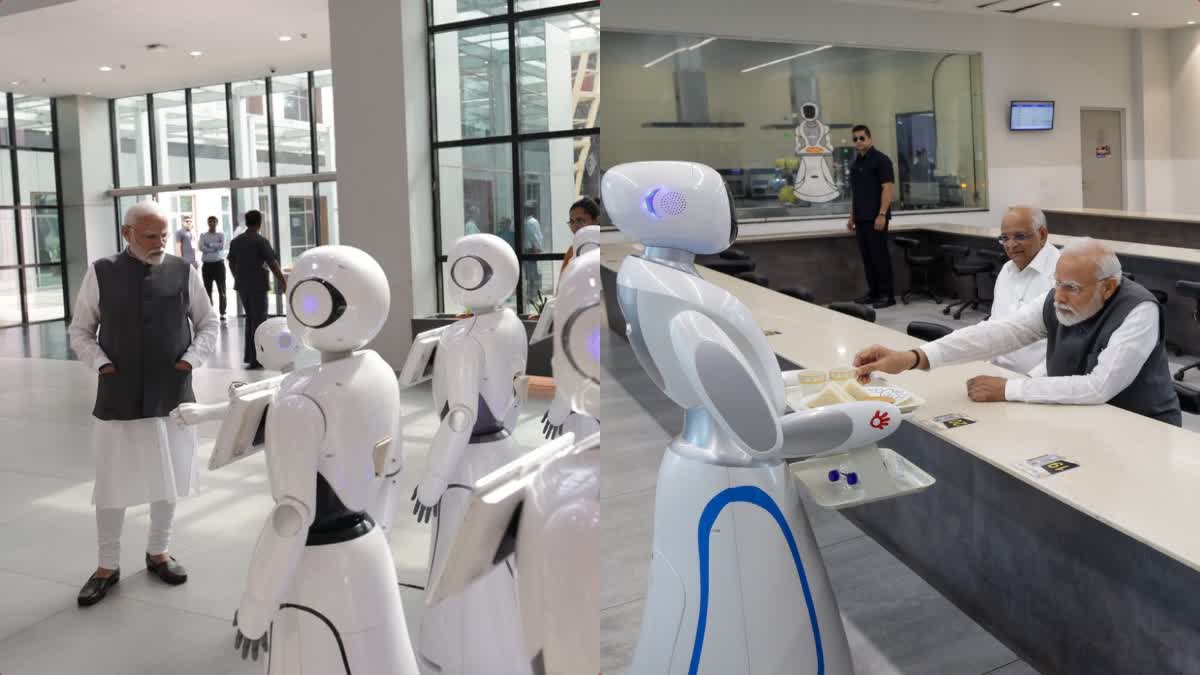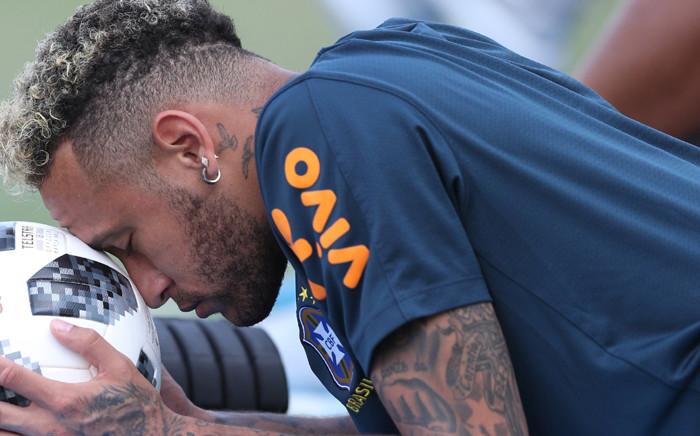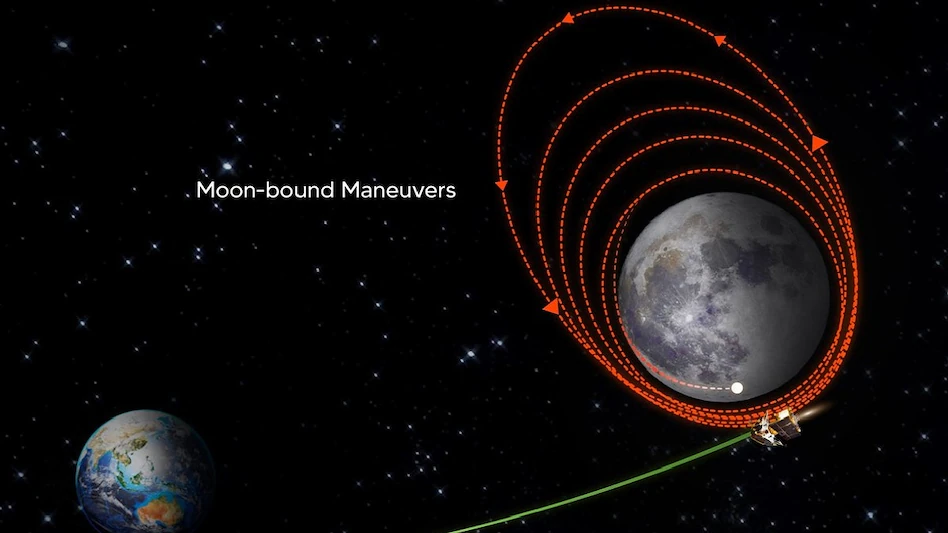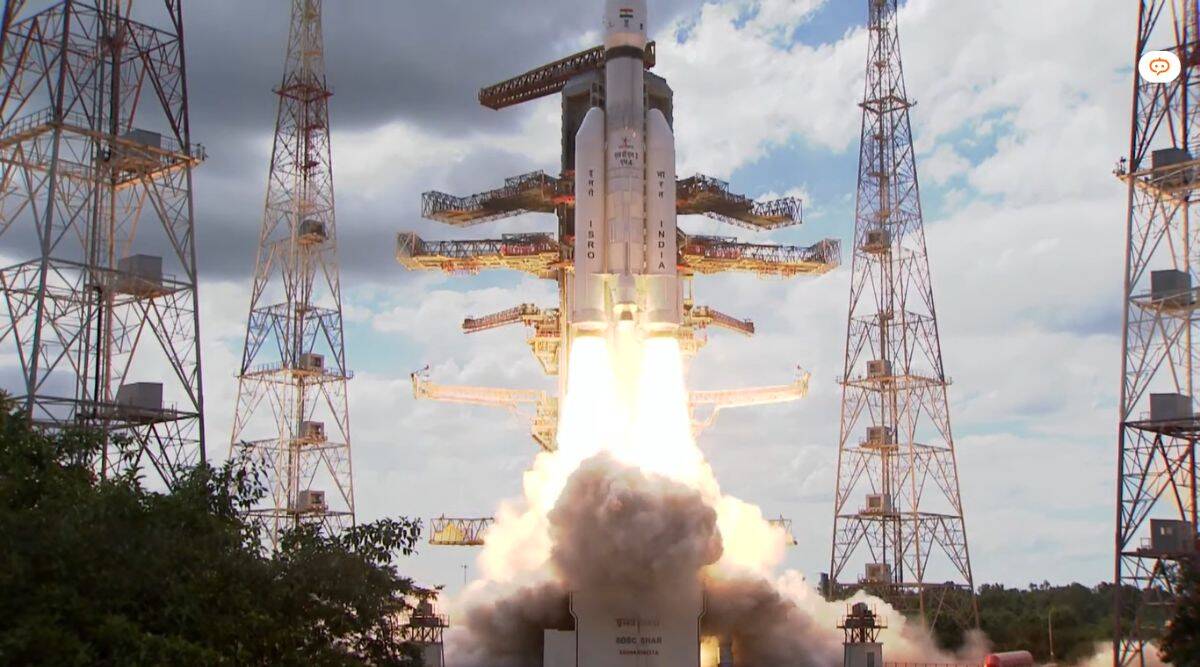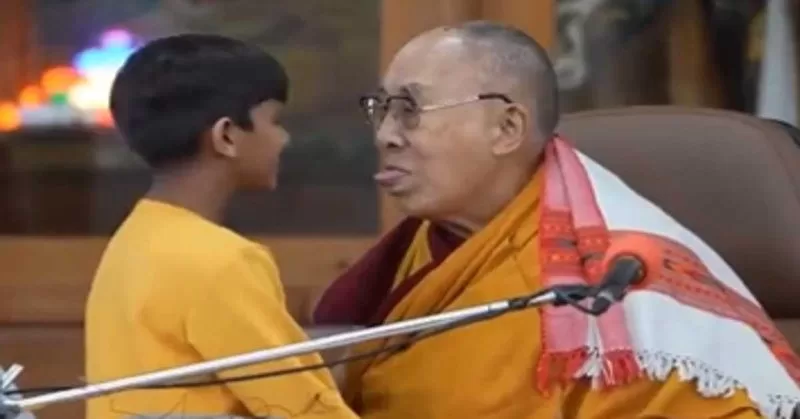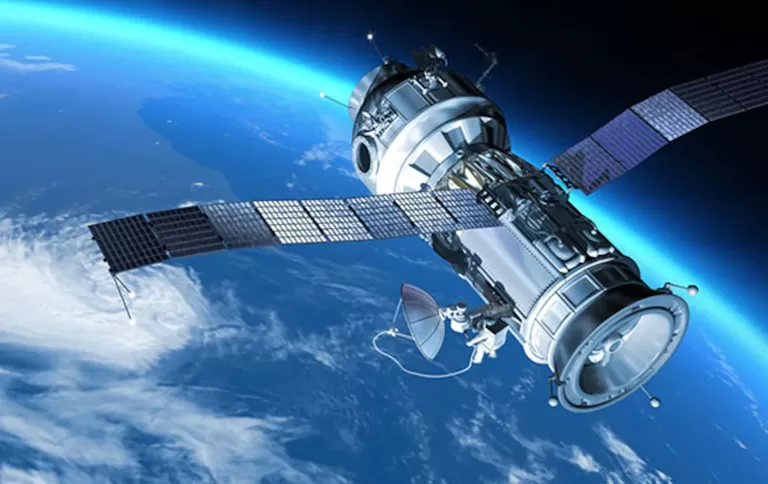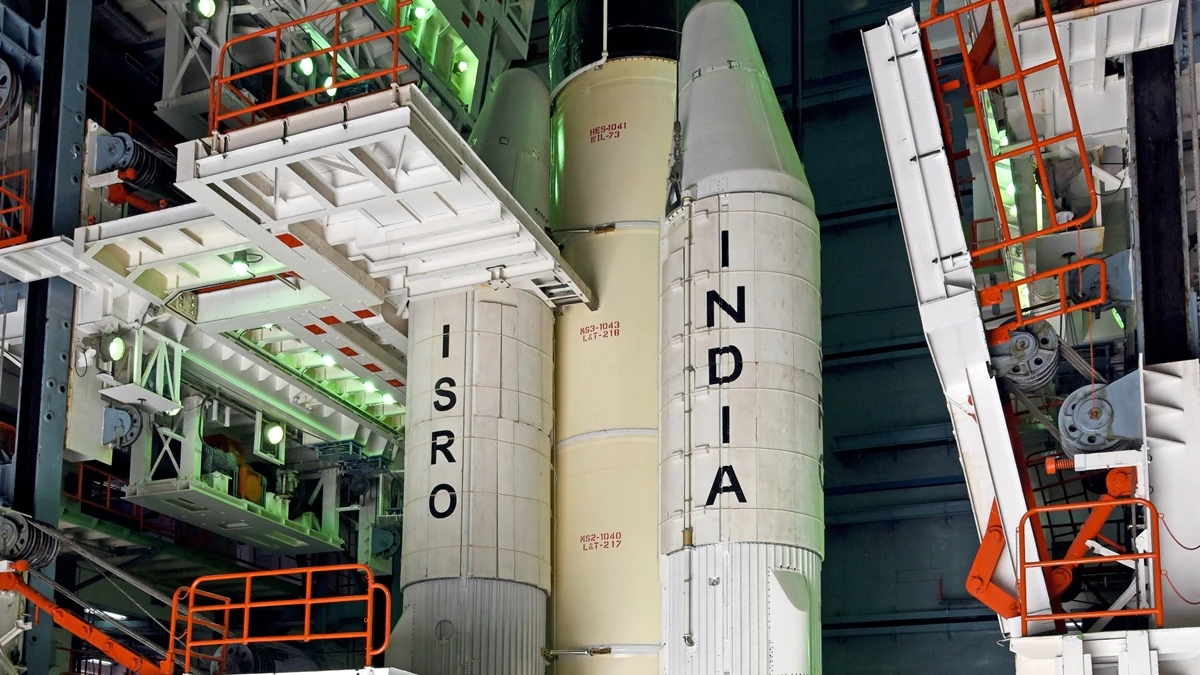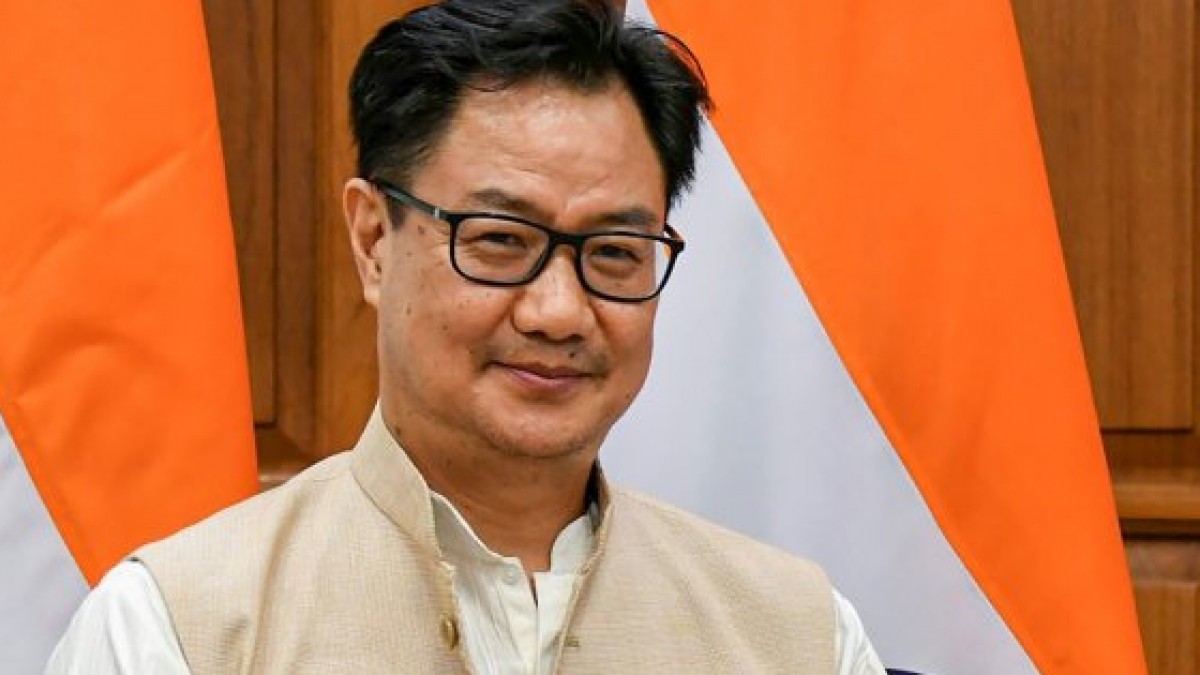
A multistakeholder team led by UN Secretary-General Antonio Guterres will oversee artificial intelligence, promote sustainable development, and guarantee inclusive global cooperation.
A High-Level Multistakeholder Advisory Body on Artificial Intelligence has been established by UN Secretary-General Antonio Guterres to provide guidance to the global community on the management of Artificial Intelligence.
This advisory group is made up of professionals from a range of fields, including academia, business, government, and civil society.
Its main objectives are to foster international cooperation on Artificial Intelligence governance, establish a worldwide agreement on the risks and difficulties associated with Artificial Intelligence, and leverage AI to further the Sustainable Development Goals.
As the Secretary-General’s Envoy on Technology, Amandeep Singh Gill is one of the notable members of this advisory group.
He was the CEO of the International Digital Health and Artificial Intelligence Research Collaborative (I-DAIR) before to taking up this position.
Previously, he served as the head of the High-Level Panel on Digital Cooperation for the UN Secretary-General.
Co-founder of the iSPIRT Foundation Sharad Sharma is also on the advisory board. He has been instrumental in the creation of digital public goods such as Health Stack and India Stack.
He is well-known for being a prominent member of India’s startup community and an active angel investor.
Another notable member of the advisory board is Nazneen Rajani, Lead Researcher at Hugging Face. She is an expert in large language models (LLMs) and specializes in AI safety and alignment.
Her Natural Language Processing (NLP) research has garnered her media attention and multiple publications.
Vilas Dhar, the president of the Patrick J. McGovern Foundation, Ian Bremmer, the president and founder of Eurasia Group, Estela Aranha, the special advisor to the Brazilian minister of justice and public security.

Carme Artigas, the secretary of state for digitalization and artificial intelligence in Spain, Ran Balicer, the chief innovation officer and deputy director general at Clalit Health Services in Israel, Anna Christmann, the German federal government’s coordinator for aerospace policy, Natasha Crampton, Microsoft’s Chief Responsible AI Officer, and Arisa Ema, an associate professor at the University of Tokyo, are also members of the advisory body.
Antonio Guterres highlighted artificial intelligence’s immense potential to advance humanity. Artificial Intelligence has the potential to accelerate the delivery of public services, deal with crises, and improve the efforts of the UN, civil society, and governments. By advancing past obsolete technologies, it can help strengthen emerging economies.
Guterres emphasized that AI ought to be used properly and made available to everyone, particularly in underdeveloped nations.
There are currently digital divides and worldwide inequality due to the concentration of Artificial Intelligence competence in a small number of countries and businesses.
He voiced worries about the possible negative effects of AI, such as false information, prejudice, fraud, monitoring, and human rights abuses.
Misuse of Artificial Intelligence has the potential to undermine societal cohesiveness, undermine trust in institutions, and endanger democracy.
Guterres urged for an international, interdisciplinary, multistakeholder dialogue on AI governance in order to solve these issues.
A crucial step in this direction is the creation of the new Advisory Body. It will aim to reduce the hazards connected with Artificial Intelligence while maximizing its advantages for all of humanity.
An important step forward in the UN’s efforts to address Artificial Intelligence governance concerns is the creation of the AI Advisory Body.
This program will encourage diversity and make use of the UN’s ability to bring people together as a global platform for tackling pressing issues.
In order to prepare for the Summit of the Future, the body intends to connect disparate Artificial Intelligence governance efforts and offer preliminary suggestions by the end of 2023, with final recommendations in the summer of 2024.




































































































